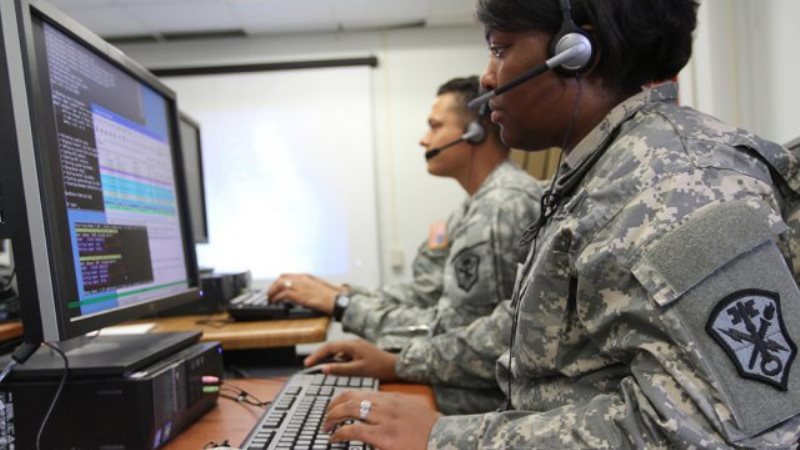
The Army needs help from academia and the private sector to modernize its workflow, explained Maj. Gen. Garrett Yee, acting deputy CIO for the U.S. Army, during an Avaya webinar Wednesday. Yee specifically stressed an interest in industry helping to make the Army’s workflows interoperable and said that “workflows at the installation level must be scalable” to achieve true modernization.
Department of Defense (DoD) agencies are under growing pressure to increase operational efficiency and lower spending, so that resources can be reinvested in war-fighting capabilities. To achieve those goals Yee believes that the Army needs to modernize and automate workflow process, as well as increase the Army’s use of artificial intelligence (AI) solutions.
Specifically, the Army has identified nine areas ripe for modernization: information technology, human resources, community services, contracts, real property, testing and evaluation, medical services, logistics and supply, and financial management.
To achieve its modernization goals, Yee said the Army can’t act alone, it needs help from the private sector and academia.
“We need industry and academia’s assistance in discovering anomalies in our workflow,” Yee said.
Once the anomalies are identified, Yee believes AI can help improve workflow process and expressed interest in partnering with researchers. Explaining that researchers looking to improve AI need access to large caches of data and the Army has plenty of data available.
Another serious concern for the Army is warfighter safety. Yee referenced recent news stories about cell phones and fitness trackers putting soldiers at risk, because pings to cell phone towers and GPS data can get into the wrong hands. The Army is interested in using mobile devices on the battlefield, Yee explained, but needs to find a way to do that without sharing location data and putting soldiers at risk.
While warfighter safety and cyber security are top concerns for the Army, Yee said the Army wants to take care of security and safety while also promoting innovation. Today’s soldiers are digital natives and are highly familiar and comfortable with Internet of Things (IoT) devices. Deploying hyper-secure closed networks may eliminate the possibility for soldiers to innovate, he said.
“We want to leave opportunities open for innovation,” Yee stressed, while also balancing the desire for innovation with the importance of protecting against cyber breaches and attacks.
